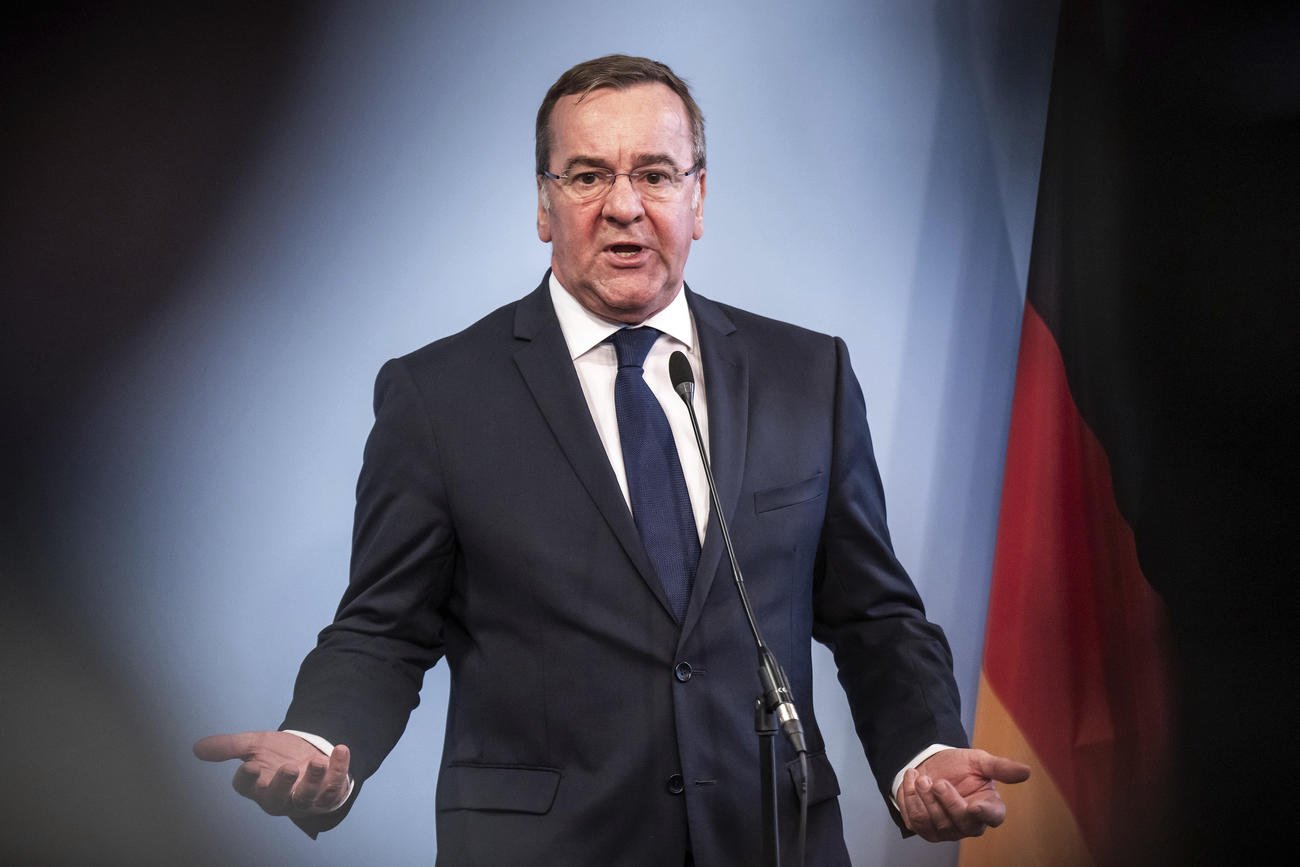
BERLIN — Germany’s defense minister on Thursday announced a plan to streamline and reorganize the country’s military command as part of efforts to make the armed forces of NATO’s most populous European member “war-capable.”
Chancellor Olaf Scholz set in motion a big increase in military spending shortly after Russia’s full-scale invasion of Ukraine in early 2022, which he described as a “turning point.” Defense Minister Boris Pistorius last year took on the job of overhauling the military, the Bundeswehr, after years of neglect and in November called for a review of its structure.
Pistorius has pointed to the danger of a possible future Russian attack on a NATO country and said repeatedly that the German military must become “war-capable,” a choice of words that some in Germany find jarring given the country’s longstanding post-World War II culture of military caution.
“I am convinced it is one of the few words that really describes correctly the imperative here,” he told reporters in Berlin. “I respect the fact that others struggle with the word, but I also note that most who do have no problem with the substance behind it.”
His overhaul plan envisions a single “operational military command,” which he hopes will enable quick decisions and eliminate duplication. Currently, the Bundeswehr has two command centers: one responsible for planning and running deployments abroad and the other for the defense of Germany itself.
An existing “cyber and information” department, whose responsibilities include fending off cyberattacks, protecting electronic infrastructure and analyzing hybrid threats such as disinformation, will be expanded and officially become a fourth arm of the military alongside the army, air force and navy.
Speaking on NATO’s 75th anniversary, Pistorius underlined “the challenge of resetting the Bundeswehr for a new and old challenge — that of defending the country and the alliance.”
In 2022, Scholz pledged to increase Germany’s defense spending to a NATO target of 2% of gross domestic product — a mark that, along with several other countries, it had long fallen short of — and set up a 100 billion-euro ($108 billion euro) special fund to modernize the Bundeswehr.
“We have (spending of) 2% this year and we will reach it in the coming years as well, but also must reach it so that we can do justice to our responsibility and our role in NATO,” Pistorius said.
Details of how Germany will reach the 2% mark once the special military fund is exhausted, likely in 2027, remain unclear. And although progress is being made with orders for new equipment, the parliamentary commissioner for the military said last month that the Bundeswehr “still has too little of everything.”
© Copyright 2024 Associated Press. All rights reserved. This material may not be published, broadcast, rewritten or redistributed.







